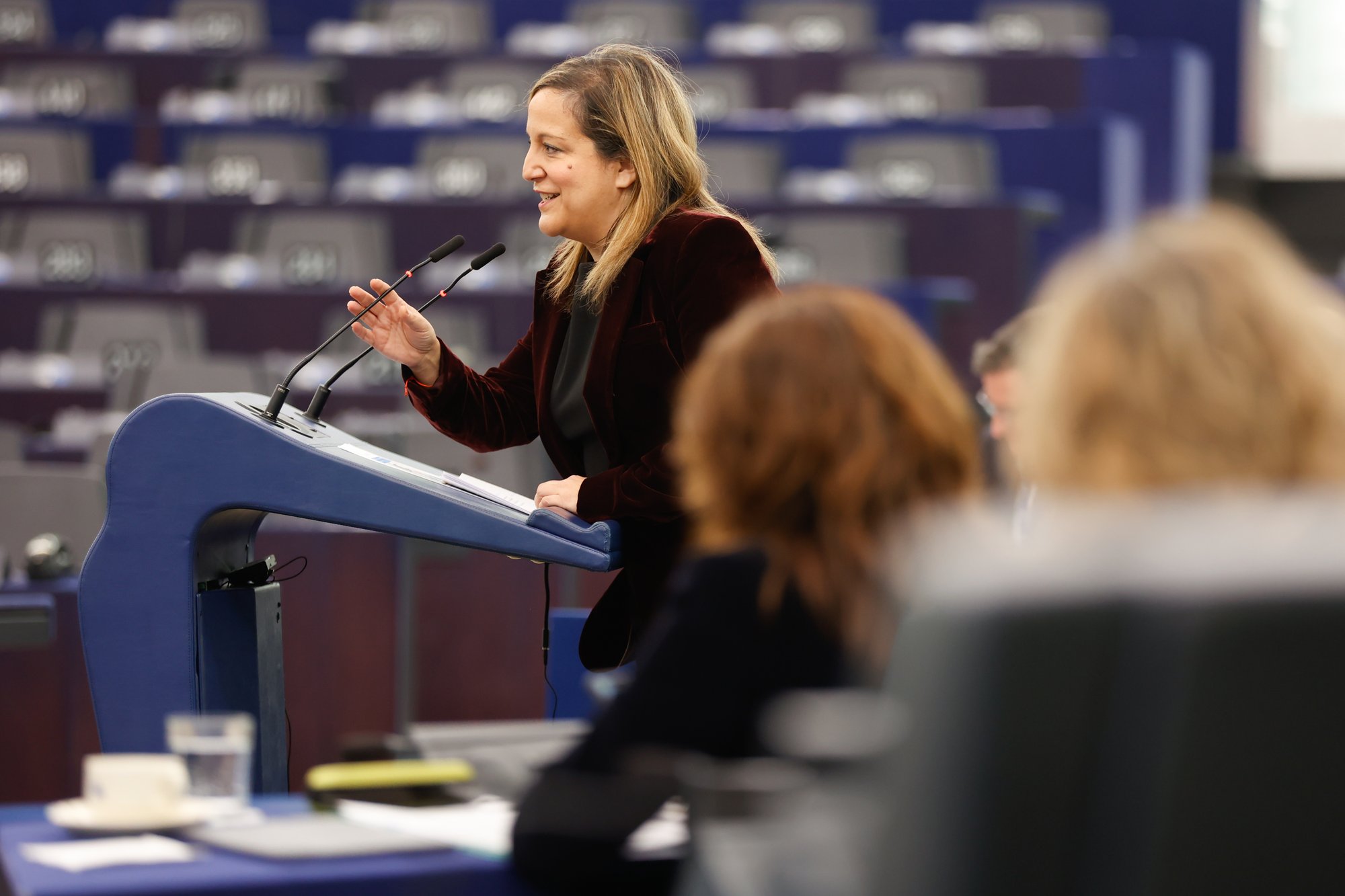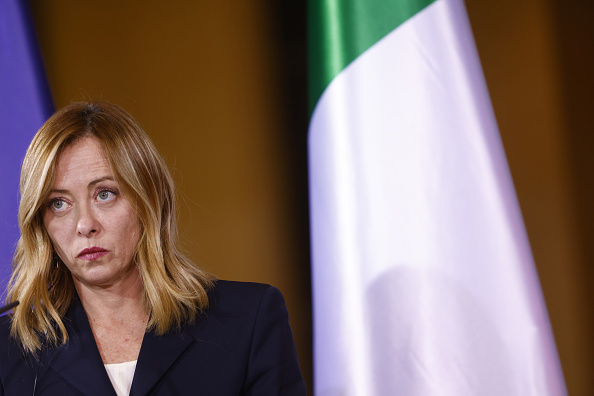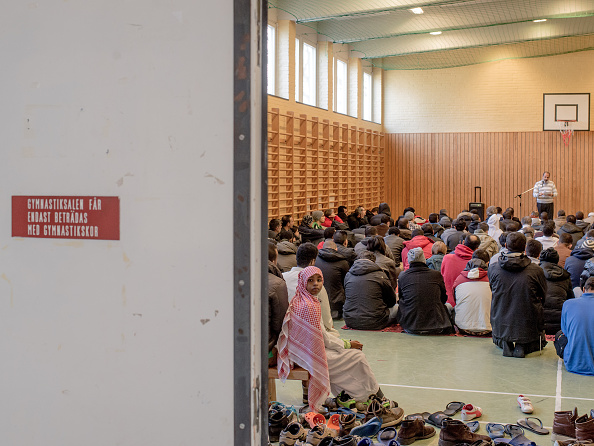The European Parliament and European Council are in a race to approve the EU Migration and Asylum Pact before June’s European elections.
It may be a more uphill battle than expected; opposition to the Pact from both the Left and Right casts doubt on whether the proposal will gain enough traction in the Parliament to become legally binding.
Negotiators representing both bodies approved draft rules on December 20 but the Parliament and Council still have to approve them.
Backers of the proposals have little time to win over critics before pan-European elections – which are expected to result in an influx of MEPs critical of migration.
Walae Kasmi, who works on refugee policy at an NGO in Naples, said: “The EU is facing a lot of backlash from international organisations and human-rights advocates for the agreement, and it will be challenging for them to find a suitable option that will satisfy both parties.
“However, this is not the end of it though, we still need to see if the European Council will approve the Pact as it is, or if it will request further reforms,” she added.
Marc Tilley, a migrant policy specialist with European Parliament experience, said that what appears to be a race to finish before the slew of elections – with all trying to conclude negotiations identifying Member States’ responsibilities and powers next month – implies “there is a lot of concern that some contentious elements may sneak through at the 11th hour”.
Some say the tight timescale – and fraught nature of immigration policymaking – means that even if EU migration and asylum policies need wholesale reform, this Pact does not do enough to assail those concerns.
“The new Pact is not ambitious enough, as the old Dublin rules remain in place,” said Brunello Rosa, an economist at the London School of Economics and Milan’s Università Bocconi.
Under the 1997 Dublin Regulation, the country where an asylum-seeker first applies for asylum is responsible for either accepting or rejecting the claim.
“There is no automatic mechanism to redistribute migrants, only compensation mechanisms,” he said.
Other critics noted the Migration Pact places burdens on “border countries” – without, they argued, giving them much support, alleging that instead it would rely more on “bribing” countries outside the EU to co-operate – such as Albania, Libya, Morocco and Turkey.
Scherezade Maestre, an immigration lawyer in London who has worked for the European Commission, said: “The text may result in favouring affluent nations more capable of financially supporting refugee non-reception, as well as other third countries that may receive compensation for hosting refugees.”
It seems to many that the Migration Pact has managed to be equally unlovable from the perspective of both the Left and the Right.
Migration sceptics argue it lacks any solid proposal to send back unsuccessful asylum seekers. At the same time, the UK-founded NGO Oxfam has called the new package “in many ways far worse” than the existing rules.
Amnesty International said it would lead to a “surge in suffering” for refugees.
The European Parliament has already threatened to block the Migration Pact altogether.
Spain’s Juan Fernando López Aguilar, the Parliament’s rapporteur on the Pact’s Crisis Regulation, said in late September that MEPs were ready to “put to a halt to negotiations, the rest of the files”.





